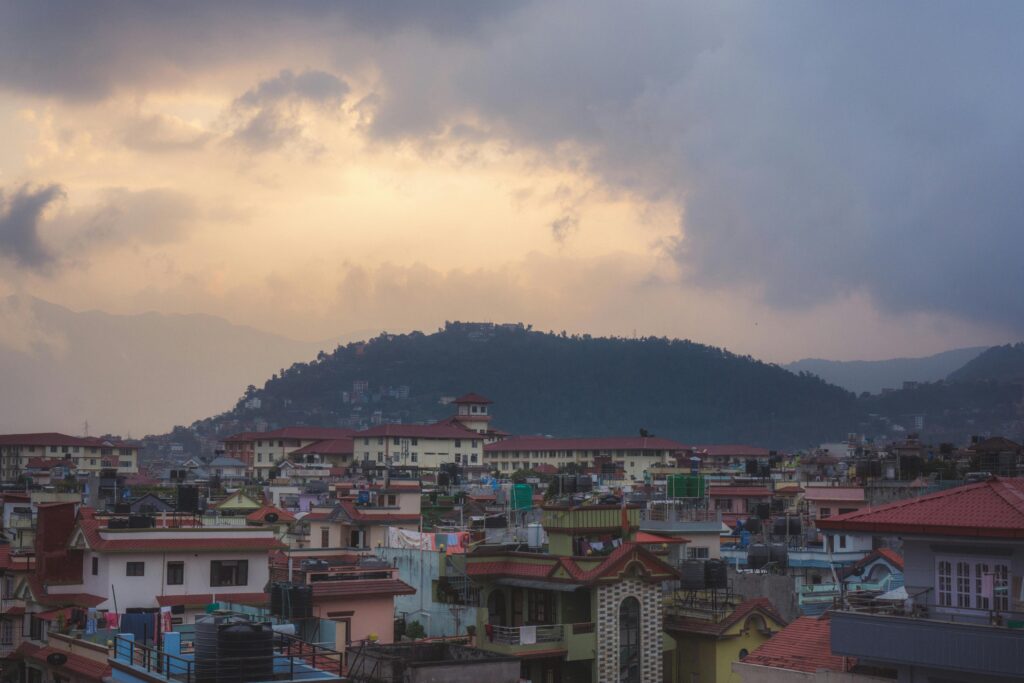Housing Policy in Nepal: The Urban Context
The document titled “Housing Policy in Nepal: The Urban Context” provides a thorough examination of the urban housing landscape in Nepal, focusing on the challenges posed by rapid urbanization and the strategies needed to address them.

Overview of Urbanization in Nepal
Nepal is undergoing significant urbanization, primarily fueled by rural-to-urban migration as individuals seek better economic prospects. This demographic shift has led to increased congestion in urban areas, straining existing infrastructure and services. As cities expand, they face the dual challenge of providing adequate housing policy while managing the socio-economic impacts of migration, which includes job creation and access to essential services like education and healthcare.
Housing Challenges
The document highlights several critical challenges in the housing sector:
- Affordable Housing Shortage: There is a significant deficit in affordable housing options, particularly for low-income and marginalized groups. The rise in urban land prices has exacerbated this issue, making it increasingly difficult for these populations to secure adequate shelter.
- Informal Settlements: The influx of migrants has led to a proliferation of informal settlements and slums, where living conditions are often poor due to inadequate infrastructure and lack of basic services. The report notes that approximately 10% of urban dwellers live in such conditions, a figure that is expected to rise without intervention.
- Inequality in Housing Quality: There are stark disparities in housing quality across different regions. The hilly areas tend to have better housing conditions compared to the Terai and Himalayan regions, where housing poverty remains prevalent.
Policy Framework and Responses
In response to these challenges, the government of Nepal has implemented several policies aimed at improving housing policy conditions:
- National Shelter Policy: This policy aims to ensure that all residents have access to affordable and safe housing. It promotes environmentally sustainable practices and seeks to address the needs of marginalized populations.
- Janata Awas Program: Aimed at providing shelter for marginalized rural poor, this initiative has been launched in various districts and is being expanded based on demand.
- Public-Private Partnerships (PPPs): The document emphasizes the importance of collaborations between government entities and private developers to enhance resource mobilization for housing projects.
Opportunities for Improvement
Despite the challenges, there are numerous opportunities for transformative change within Nepal’s urban housing sector:
- Innovative Financing Mechanisms: Developing tailored financing solutions for low-income families can improve access to affordable housing.
- Slum Upgrading Initiatives: Targeted investments in infrastructure can help upgrade informal settlements, contributing to Sustainable Development Goal 11 (SDG 11), which aims for inclusive and sustainable cities.
- Sustainable Building Practices: Emphasizing local materials and traditional construction techniques can reduce costs and minimize environmental impacts.
- Research and Innovation: Ongoing research into effective urban development practices will be crucial for identifying strategies that suit Nepal’s unique context.
Conclusion
The document concludes that addressing the complexities of urbanization in Nepal requires strategic planning, policy reforms, and collaborative efforts among stakeholders. By focusing on sustainable practices and demographic shifts—particularly towards an aging society—Nepal can develop more inclusive urban environments that cater to its growing population. Effective governance, increased investment, and innovative approaches will be essential in overcoming existing barriers and enhancing the overall quality of life for urban residents across the country.In summary, while Nepal faces significant challenges in its urban housing sector, it also possesses substantial opportunities for improvement through coordinated efforts aimed at creating livable, inclusive, and sustainable cities.
Also Read: Urban Poor Living in Slums: A Case Study of Raipur City in India
